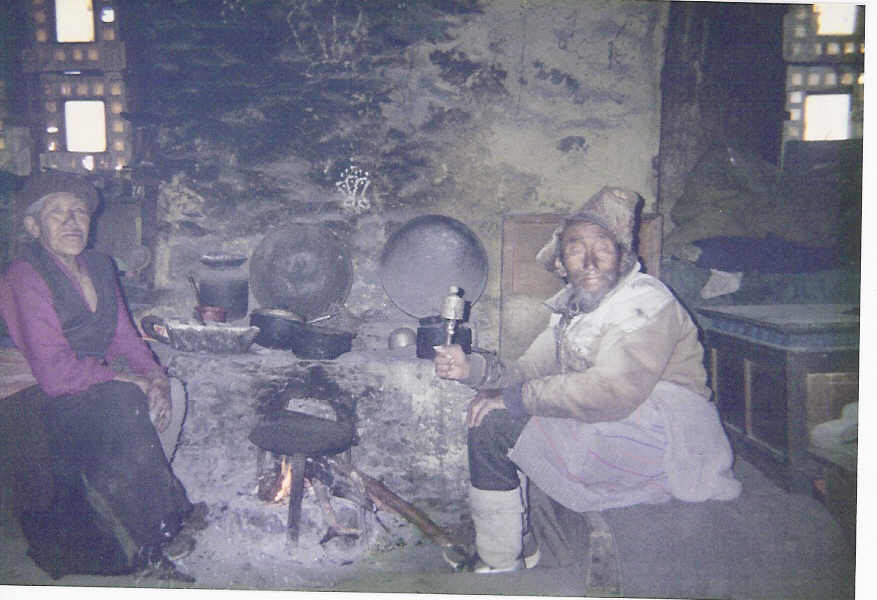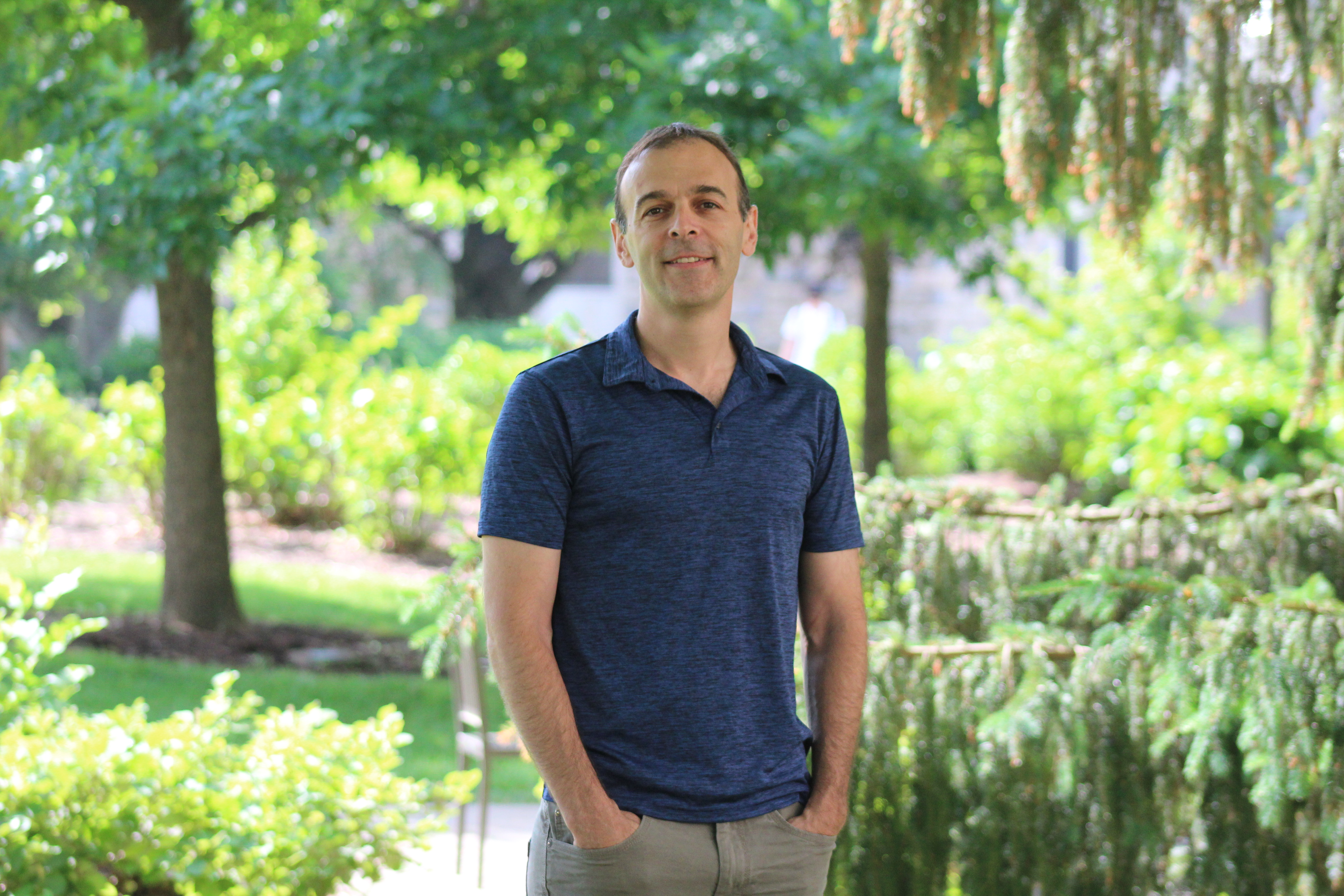Marc Stern on trust ecology theory and application in the environmental field
October 3, 2023

By Lindsay Kuczera
Marc Stern was an undergraduate studying abroad in Nepal when he stumbled upon a question that would ultimately influence the trajectory of his career and lead him on a journey to becoming the social scientist and “trust scholar” he is today.
While in Kathmandu, the World Wildlife Fund in Nepal funded Stern to study Sherpa viewpoints on nature in the Mount Everest region. He expected to come out of it with a deeper understanding of traditional human–nature interactions, but instead was met with a completely different story that needed a different approach.

Within Sagarmatha National Park were multiple “islands” of non-park lands. In other words, the park map was dotted with isolated blotches that represented long-standing villages in the region. When the park was established years earlier, the Sherpa people there faced few options. They could stay and struggle to meet their needs, as access to natural resources would be strongly curtailed; they could join the incoming tourism industry; or they could move to Kathmandu in search of other opportunities. Either way, they would be cut off from their native land and resources that they had relied on for millennia.
Stern’s perception of conservation and of protected land, like these national parks, changed with this realization. He decided to dive into the social science of conservation and set out to answer the question: how can we protect ecologically vital places without negatively impacting the local community and resources?
Working together for the collective good
Conservation and natural resource management consist of many diverse stakeholders. Engaging those stakeholders is paramount to ensuring the best possible outcome for both the project and people involved. But there can be a right and a wrong way to facilitate engagement. This is what Stern has been studying. His research focuses on trust and how trust develops, especially in settings that were once conflicted. “To get the best benefit out of collaboration, we want to create safe spaces where people can be vulnerable and honest because in those spaces, they can actually share their expertise and best ideas,” he said.
In contrast to previous studies that had focused on human perceptions and attitudes, Stern approached the issue from a behavioral perspective and developed a theory called “trust ecology,” which identifies four different forms of trust: dispositional, rational, affinitive, and systems-based. By studying these sources, we can discover ways to create better scenarios that foster trust between stakeholders.
Stern’s book, Social Science Theory for Environmental Sustainability: A Practical Guide, serves as a foundation of Strategies for Sustainability, a core course in the MNR (Online) curriculum, taught by Marcy Schnitzer.
Communicating with challenging audiences
Now, Marc Stern brings his expertise in social science and theory into his work as a professor in Virginia Tech’s department of Forest Resources and Environmental Conservation and as faculty for the Center for Leadership in Global Sustainability. He studies the human dimensions of various environmental issues and how we can reduce perceived threats so that conservation stakeholders can have productive conversations.
Even the most elegant technical solutions typically require general agreement—or at least acquiescence—across diverse groups. In our increasingly polarized society, bringing people together to address sustainability issues can be challenging.
In an upcoming webinar on October 24, 2023, Stern will discuss trust ecology in depth and share his current research that sheds light on promising approaches for building bridges between antagonist stakeholders in the sustainability and natural resource management realms.
Register here, join us in this insightful conversation, and learn practical solutions for communications and stakeholder engagement. Hint: it has a lot to do with self-reflection.

Marc Stern is a faculty member at Virginia Tech’s Center for Leadership in Global Sustainability and a professor in VT’s department of Forest Resources and Environmental Conservation in Blacksburg. Stern’s research and teaching focus on the human dimensions of sustainability in multiple arenas, including environmental education and communication; natural resource planning and management; conflict and collaboration; and international conservation and development. He is widely published in academic literature. His most recent book, Social Science Theory for Environmental Sustainability: A Practical Guide, published by Oxford University Press, aims to make social science theory easily accessible and usable for practitioners.


